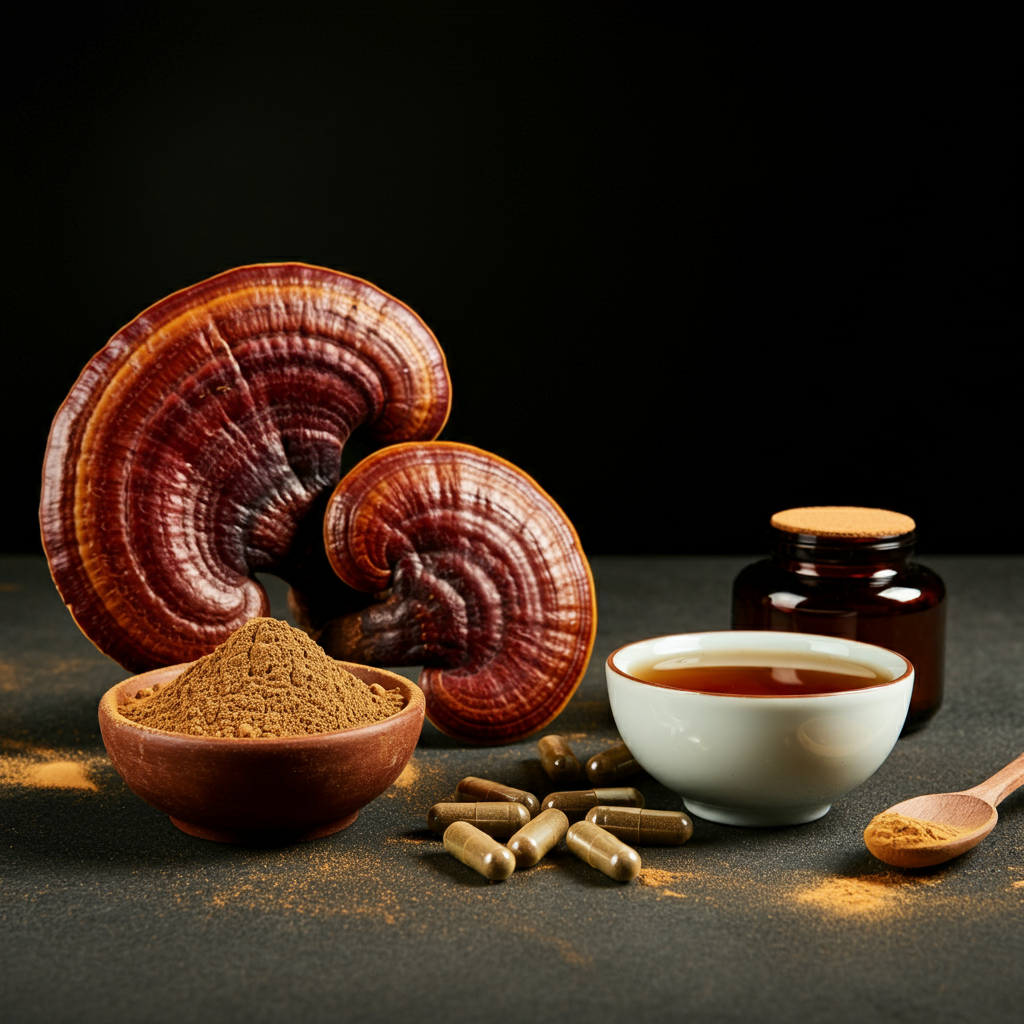Beneficial Effects of Protein-Bound Polysaccharide K Plus Tegafur/Uracil in Patients with Stage II or III Colorectal Cancer: Analysis of Immunological Parameters
Authors: Susumu Ohwada, Tetsushi Ogawa, Fujio Makita, Yoshifumi Tanahashi, Toshihiro Ohya, Naoki Tomizawa, Yoshihiro Satoh, Isao Kobayashi, Masaru Izumi, Izumi Takeyoshi, Kunihiro Hamada, Shigeyuki Minaguchi, Yasushi Togo, Tago Toshihiko, Toru Koyama, and Masashi Kamio
Journal: Oncology Reports
Study Design: Analysis of immunological parameters in a randomized, controlled trial
Participants: 205 patients with curatively resected stage II or III colorectal cancer
Trial Length: 2 year treatment with 5-year follow-up
Intervention:
- PSK group (n = 137): Oral PSK (3.0 g/day) + UFT (300 mg/day) for 2 years, following mitomycin C on postoperative days 1 and 2
- Control group (n = 68): UFT (300 mg/day) for 2 years, following mitomycin C on postoperative days 1 and 2
Primary Outcomes:
- Changes in immunological parameters (serum immunosuppressive acidic protein [IAP], natural killer [NK] cell population, transforming growth factor-β1 [TGF-β1])
- 5-year disease-free and overall survival rates in relation to immunological parameters
Summary: The study analyzed the immunological effects of PSK in a randomized trial of patients with stage II or III colorectal cancer receiving adjuvant UFT with or without PSK. PSK significantly decreased serum IAP levels and increased NK cell populations compared to the control group. Patients with lower pre-operative IAP levels (≤500 μg/ml) or higher NK cell populations (≥8% at 3 months post-surgery) in the PSK group showed significantly better 5-year disease-free and overall survival rates. The study suggests that PSK’s immunomodulatory effects, particularly on IAP and NK cells, contribute to its clinical benefits in colorectal cancer treatment. Pre-operative IAP and NK cell levels may serve as potential predictors of PSK response.

No responses yet